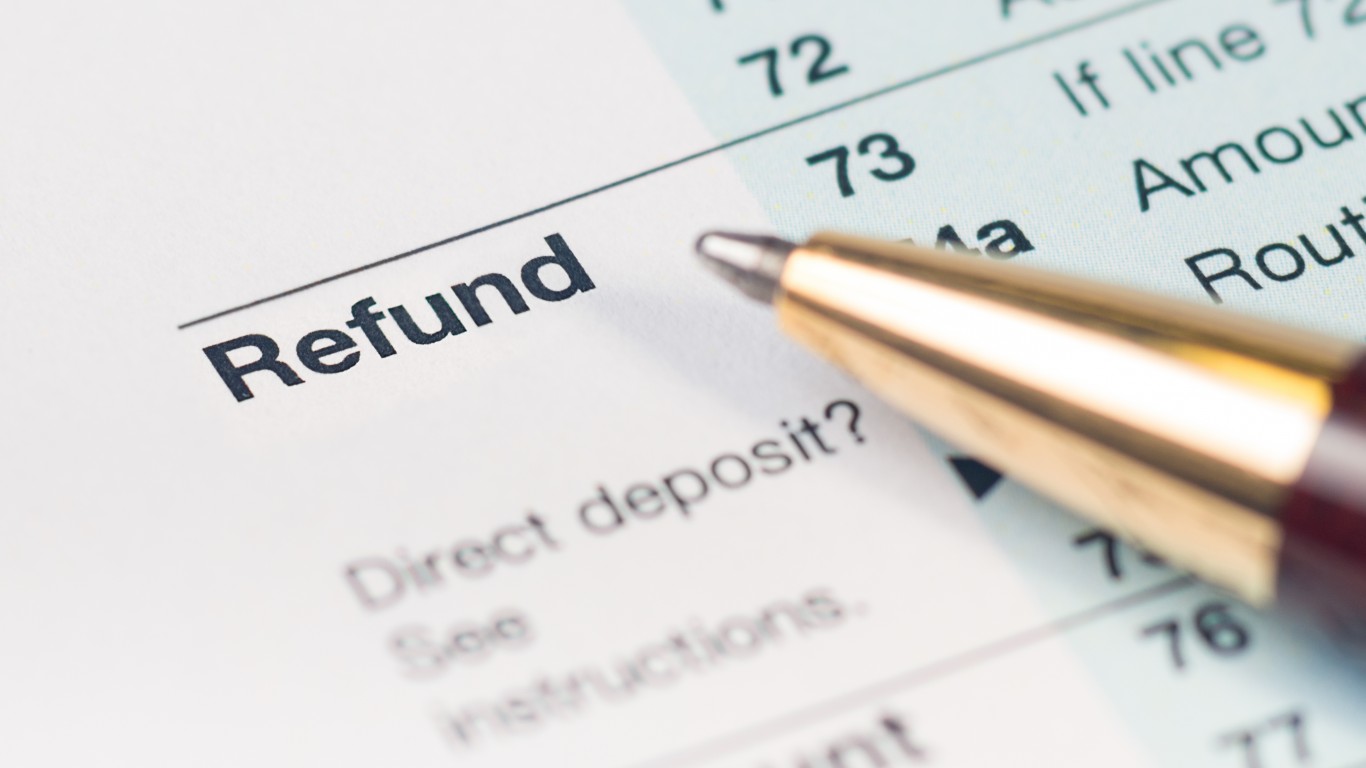

With the deadline for tax season fast approaching, Americans are rushing to get their receipts and forms in order and file before April 15 comes and goes.
While many Americans find tax season relatively easy, there are plenty — particularly those with complicated incomes, dependents, or other complexities — for whom this is the worst time of year. Perhaps no group has a harder time than investors, who must navigate complicated Internal Revenue Service rules regarding equities, funds, commodities, dividends, and more.
Fortunately, 24/7 Wall St. has compiled a list of the most common mistakes made by investors that can unexpectedly increase the amount paid during tax season. Below is a guide to the 15 biggest investment pitfalls and surprises during tax season, and how to best avoid them.
Click here to see 15 investment pitfalls and surprises to avoid during tax season.

1. Failing to understand long-term versus short-term gains
Not all investment gains are treated equally come tax time. Long-term investments are those held for a year or more, and short-term gains are anything shorter than a year. People who hold stocks, mutual funds, or ETFs for less than one year have to pay taxes on any gains based on their current federal income bracket. Capital gains on long-term investments are generally taxed at lower rates.
For example, here are the tax rates for married people filing jointly as of 2018: Those making less than $77,200 will pay a long-term capital gains rate of 0%; those with ordinary income of $77,201 to $479,000 will pay 15%; and those earning $479,001 and higher will pay 20%. Depending on the purchase date, sometimes delaying sale of an investment by a few days or weeks can make a huge difference in the taxes owed.
[in-text-ad]

2. Early withdrawal penalties in 401(K) and IRAs
Most investors and savers know that if they withdraw funds from a 401(K) or IRA account before they are eligible, they will have to pay taxes on those funds. What is often overlooked is the 10% penalty the IRS levies on early withdrawals — on top of any income taxes paid on those withdrawn funds.

3. Harvesting losses and running into the Wash-Sale Rule
One strategy investors use to lower taxes is called loss harvesting, whereby they lock in a loss on an investment to offset capital gains and potentially even income if the losses outweigh the gains. Those using the strategy, however, need to be aware of The Wash-Sale Rule. This regulation is aimed at keeping people from lowering their taxes artificially by selling or trading a security at a loss only to buy it again within 30 days. Some investors also may not be aware the rule applies even to a stock, ETF, or fund that is deemed to be “substantially identical.”
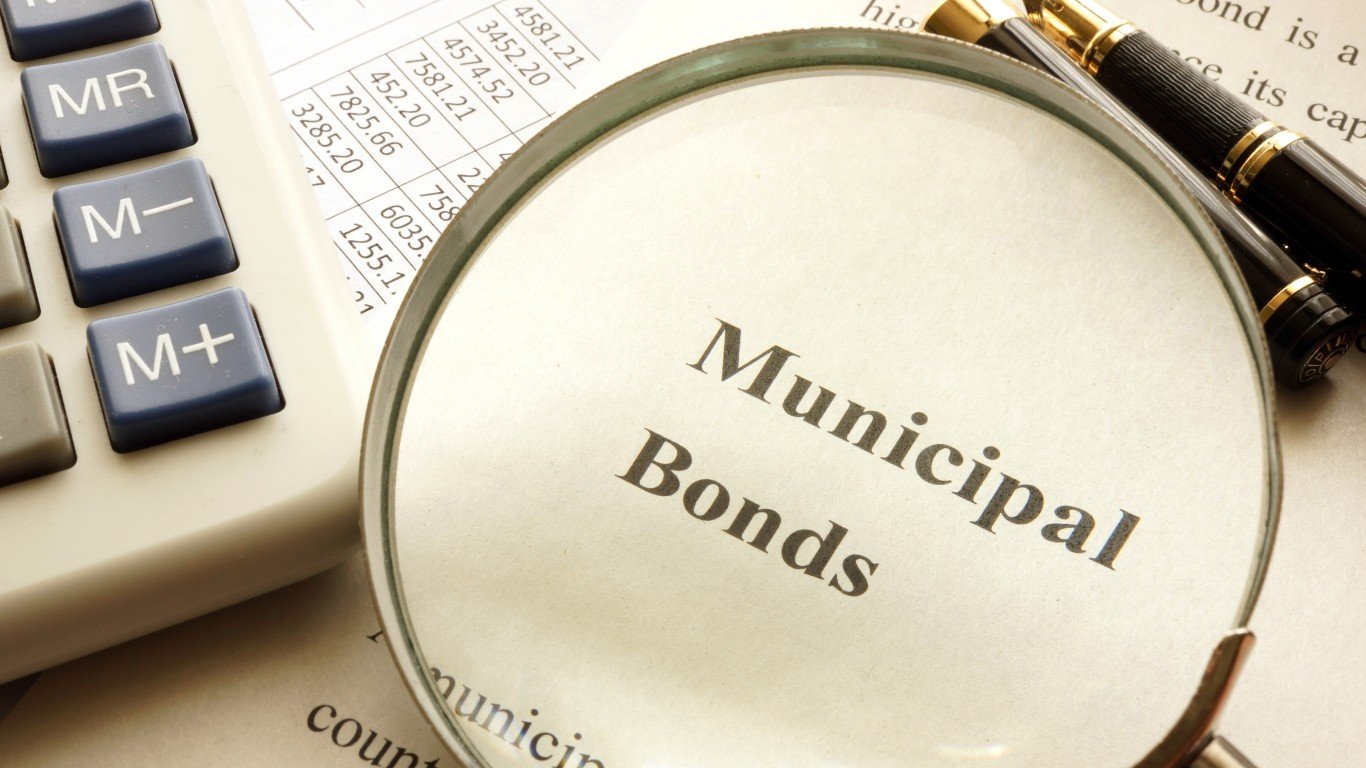
4. Thinking municipal bonds are entirely tax-free
Investors flock to municipal bonds for tax-free income as interest paid on municipal bond is generally exempt from federal taxes and sometimes state and local taxes as well. It is a huge market, valued at roughly $3.8 trillion. When investors turn to muni bonds, however, they may overlook, or inadvertently create, another taxable situation.
Having too much tax-free income can trigger the Alternative Minimum Tax (AMT), and realizing any profits from a bond can also trigger a capital gains tax. Also, municipal bonds’ tax-free status only applies to muni bond issues from the investor’s state of residence (hence all of the single-state muni funds under the Nuveen name). To complicate matters further, some municipal entities issue bonds that are actually not exempt from taxes.
[in-text-ad-2]

5. Failure to qualify for IRA and 401(K) Plan Deduction
Most investors just assume that they can contribute up to the maximum allowance in retirement plans and then deduct those contributions. This mistake tends to be made by high-income taxpayers as there are income limits on some of these accounts, such as a Roth IRA, where contribution limits decline with income.
Another problem that tends to affect higher earners are so-called “top-heavy” 401(K) plans where the employer contributes more to key employees than all other employees.
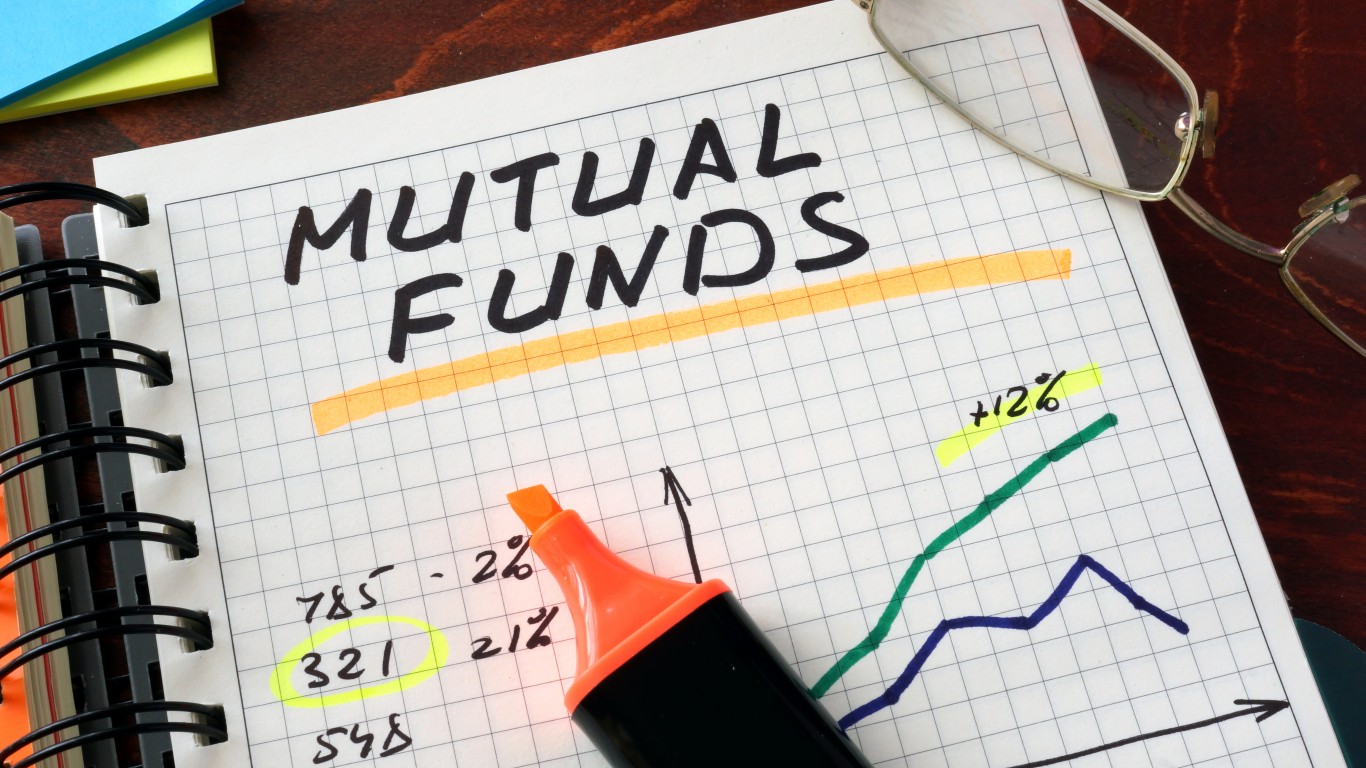
6. Unexpected tax bills from mutual funds
Those who own in mutual funds in non-retirement accounts, especially equity mutual funds, need to be aware of a tax trap related to these funds or they may get an unexpected tax bill come tax season. Just like an individual would, mutual funds realize profits or losses when they sell certain stock holdings. These gains are distributed to fund share owners, who then have to pay taxes on these distributions, whether they reinvested the proceeds or used the funds for other purposes.
Further, buyers who invest in a mutual fund late in a year before distributions were made and after large gains may end up owing taxes on gains that were made before they even owned the fund.
[in-text-ad]
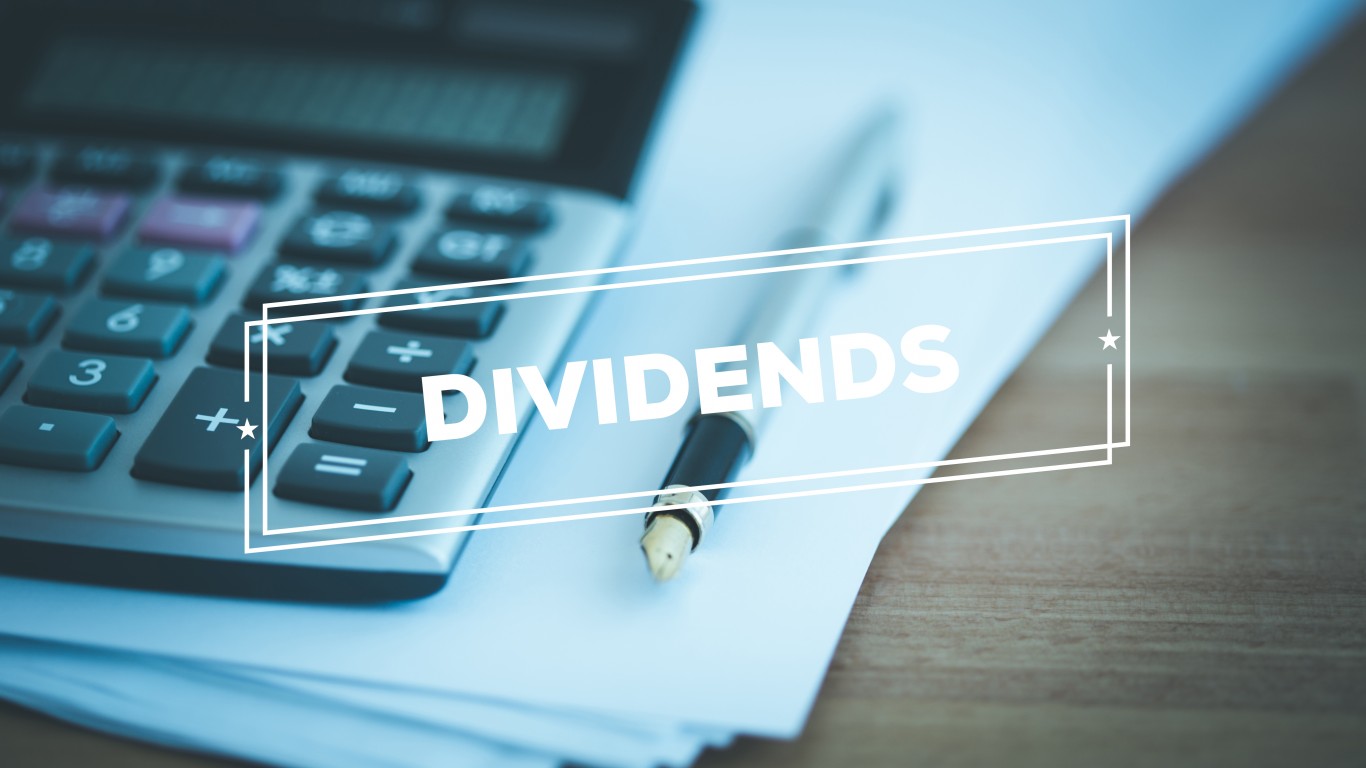
7. Not assuming the right tax bracket for dividends
Investors love dividends, and over the course of a lifetime of investing, those dividends can end up making up a substantial portion of investors’ total returns. If investors own dividend stocks in a taxable account, they have to pay taxes on those dividends whether they reinvest the funds or use the money for other purposes.
One common mistake investors make, particularly around the years when there are changes to the tax code, is to assume that tax rates for dividends are static. In 2003, President George W. Bush lowered the tax rate on dividends from being taxed at the individual income tax brackets to 15%. These have changed under President Barack Obama and again under President Donald Trump. It is always best to check what they are. Know your tax bracket for dividends or you will get a tax bill for money you may have already spent or reinvested.

8. Distributions from public partnerships, LLCs, and LPs
Many investors invest in public partnerships, master limited partnerships, trusts, and LLCs. First time investors in these security products may consider the units’ payouts as dividends, when they are actually considered income and a return of capital. Rather than receiving a 1099-DIV tax form, unit owners will likely be receiving a K-1 form to be filed with their tax returns. Some K-1 filings, however, are not available by the April 15 tax filing deadline, which leaves investors guessing as to the amount of taxes due without the full documentation. This generally requires an amended tax filing, and it can easily create late pay penalties and/or interest due.

9. International investing tax surprises
As more and more people travel abroad, or even as they live or retire internationally, they are sometimes tempted to invest internationally as well. This may be investing in a home, buying stocks, or even investing in mutual funds of sorts in those countries. Most nations have tax treaties with the United States, but some do not.
When you invest directly in a foreign country, not only will local tax jurisdiction likely take effect, but you also may get taxed by the United States. U.S. citizens are required to pay taxes on income and gains regardless of where they are generated. And owning investments in a foreign country is likely to create a tax filing obligation in that country as well, which means more tax-prep fees and perhaps different tax rates.
[in-text-ad-2]

10. Bitcoin and cryptocurrency owners beware
The IRS treats bitcoin and other cryptocurrencies as real property, not currency. Because of their nature as a virtual currency, some investors might think the IRS cannot track their investments, but it can. Many people who traded in cryptocurrencies during the media frenzy of a few years back got caught off guard when they had to pay taxes on the gains. The IRS issued guidance regarding virtual currencies. When it comes time to pay taxes on virtual currencies, the IRS would mainly consider the length of ownership and your filing status, but professional advice here might come in handy.

11. Taxes on gold, silver and other precious metals
Some investors like to buy precious metals such as gold or silver either as a hedge against inflation or some other financial calamity. Precious metals, however, are taxed differently than traditional investments. The IRS taxes them the same as collectibles, which are considered to be capital assets and are generally taxed at the maximum collectible capital gains rate of 28%. Even those who invested in SPDR Gold Trust, which holds only gold bullion, are treated for tax purposes as if they directly owned the gold. This means, they are likely going to have to pay the 28% rate on gains from the trust, even if they held it longer than a year.
[in-text-ad]

12. Tax treatment around mergers and acquisitions
Investors who own stock in a company that had agreed to an acquisition or merger deal may have a tax surprise, depending on the terms of the deal. If the deal is all cash or a combination of cash and stock, the investor will get the payment on the date the deal closes and will have to pay taxes on any realized gains.
If the deal closes less than a year after the purchase of the stock, it can create a short-term taxable gain at the nominal tax bracket rather than at the capital gains rate. If the company is acquired with another company’s stock, there is usually no need to pay taxes as no gains have yet been realized, though the IRS would likely need to determine that it is a tax-free transaction.
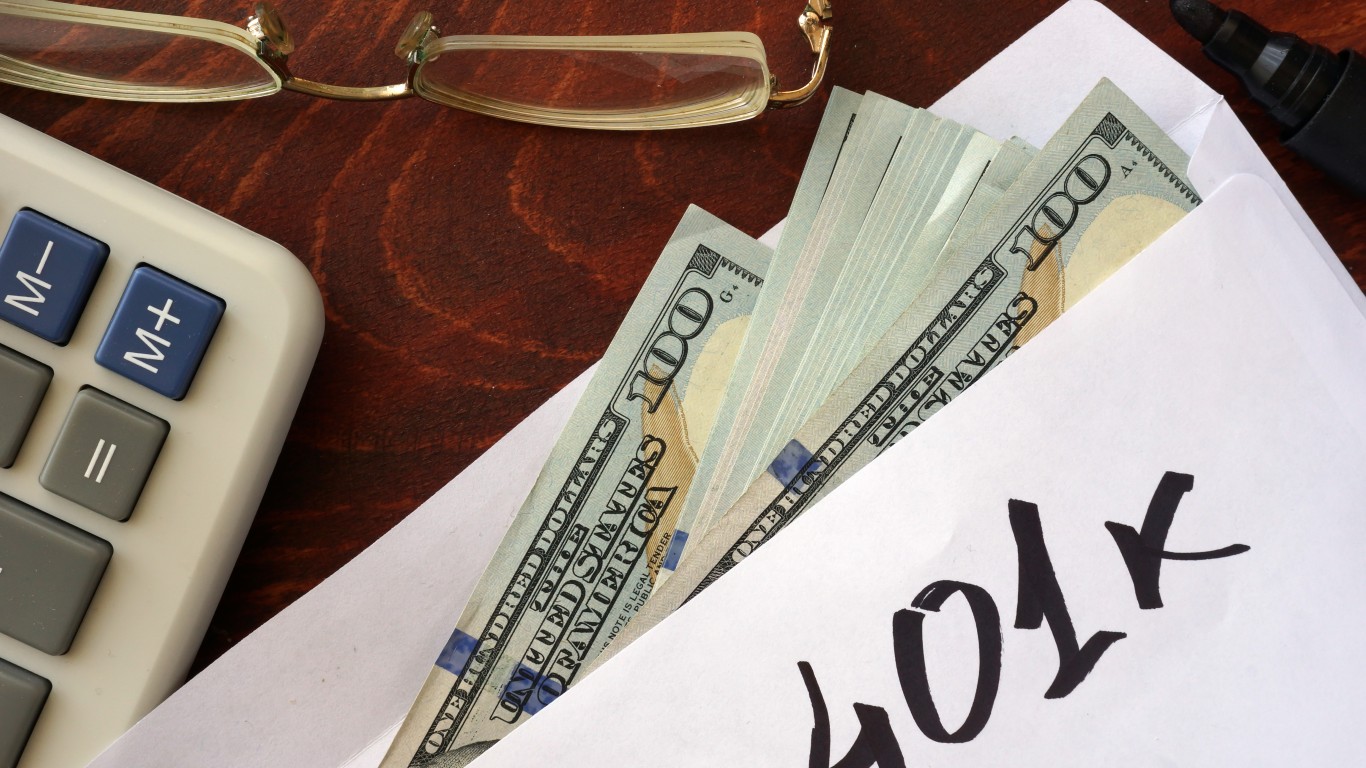
13. Not taking the required minimum distribution (RMD) in retirement
Those who reach 70.5 years of age after years of contributing to a retirement plan such as 401(k) or IRA must begin withdrawing from those plans. The IRS calculates a required minimum distribution for each account, and if a person does not take a RMD by the required deadline, the amount not withdrawn is taxed at 50%.
According to the IRS, If you’re over age 70½, you’re required by the IRS to withdraw a certain amount from each of your pre-tax IRAs each year (RMD requirements do not apply to Roth IRAs). If you reached 70½ in 2018, you have until April 1, 2019, to withdraw the RMD amount. Otherwise, you must withdraw it by December 31, 2018. Failure to meet RMD requirements could result in an IRS tax penalty of 50% of the undistributed RMD amount.”

14. No, the Obamacare investment tax did not go away
When tax laws changed around the time of the Affordable Care Act, or Obamacare, there was a 3.8% net investment income tax (NIIT) that was applied to higher income earners. That threshold was for ordinary income of $200,000 for singles and $250,000 for married people filing jointly. The NIIT was not removed under the Tax Cuts and Jobs Act under Trump. Therefore, if you exceed the applicable threshold amount, you still have to pay an additional 3.8% on the interest, dividend, or gain, and brokerage firms and other investment management firms do not generally take special precautions to prepare you for this.
[in-text-ad-2]

15. Don’t worry about taxes and taxes only!
While tax deferral and tax minimization strategies in investing are important, perhaps the biggest lesson for investors is that they should not worry about taxes alone. It is easy to get hung up on all the advantages of tax deferral and tax-free strategies. If the returns are very low, having tax-free or tax-advantaged investments means very little. Sometimes, the best course of action is to lock in a big profit, or even a big loss, without worrying about tax ramifications. Imagine if investors who owned Worldcom, Enron, or the myriad of dot-com stocks that have gone bust in years past held and held these just for some tax implications. They might have lost their whole investment just trying to be as tax efficient as they thought they could be.
Sponsored: Attention Savvy Investors: Speak to 3 Financial Experts – FREE
Ever wanted an extra set of eyes on an investment you’re considering? Now you can speak with up to 3 financial experts in your area for FREE. By simply
clicking here you can begin to match with financial professionals who can help guide you through the financial decisions you’re making. And the best part? The first conversation with them is free.
Click here to match with up to 3 financial pros who would be excited to help you make financial decisions.
Thank you for reading! Have some feedback for us?
Contact the 24/7 Wall St. editorial team.
 24/7 Wall St.
24/7 Wall St.
